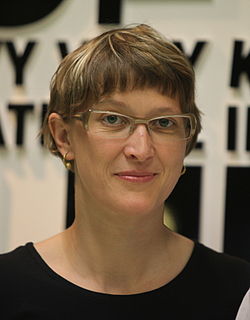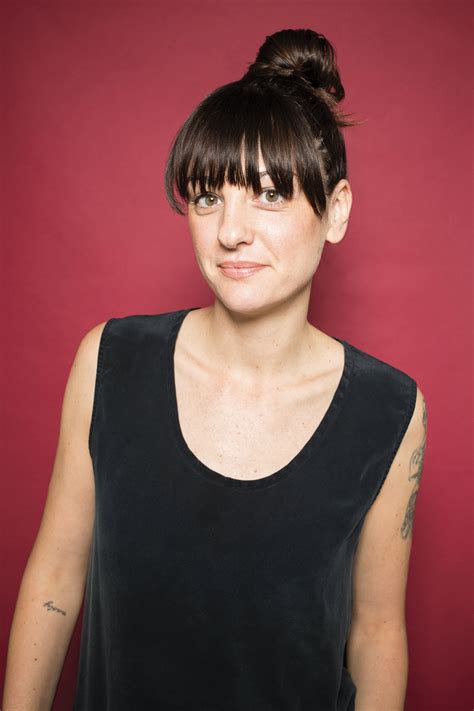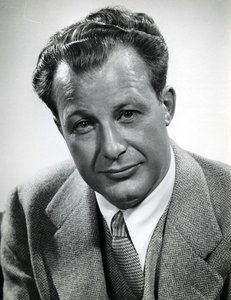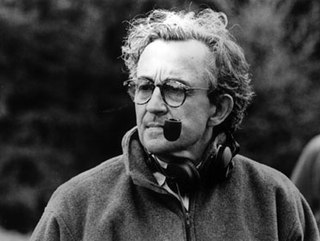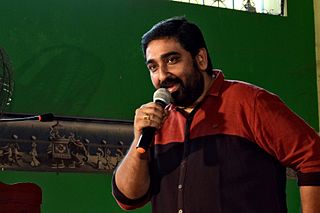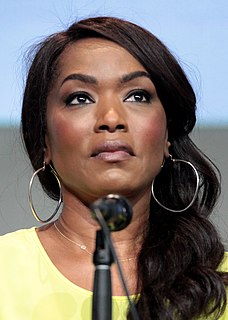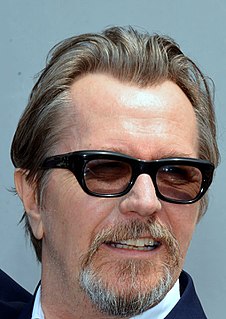Top 54 Celluloid Quotes & Sayings
Explore popular Celluloid quotes.
Last updated on April 14, 2025.
[ Digital revolution ] only has allowed me to work faster, editing digitally, which I'm doing right now, a film on volcanoes. I can edit almost as fast as I'm thinking, editing with celluloid means always searching for this little reel of film, and number it, and scribble on it with some sort of pens, and gluing it together, and working on a flatbed. It's much, much slower.
You have to remain strong. That's the kind of filmmaker I want to encourage. Orson Welles was the one who said, you know, you can learn anything you need to know about filmmaking- that's camera, sound, celluloid, video at this point- in four hours. It has nothing to do with anything. It has nothing to do with it... It has to do with what you want to say. If you feel you have something to say, you'll find that way to get it said, on film, and not let anyone or anything chip away at that or tarnish it, because it's something special and precious.
Narrative, fiction filmmaking is the culmination of several art forms: theater, art history, architecture. Whereas doc filmmaking is more pure cinema, like cinema verité is film in its purest form. You're taking random images and creating meaning out of random images, telling a story, getting meaning, capturing something that's real, that's really happening, and render this celluloid sculpture of this real thing. That's what really separates the power of doc filmmaking from fiction.
Remember, science fiction's always been the kind of first level alert to think about things to come. It's easier for an audience to take warnings from sci-fi without feeling that we're preaching to them. Every science fiction movie I have ever seen, any one that's worth its weight in celluloid, warns us about things that ultimately come true.
The cinema began with a passionate, physical relationship between celluloid and the artists and craftsmen and technicians who handled it, manipulated it, and came to know it the way a lover comes to know every inch of the body of the beloved. No matter where the cinema goes, we cannot afford to lose sight of its beginnings.
My filmmaking style of remixing came out of necessity. When I was a film theory student at UC Berkeley in the early 1990s, there were no film production facilities. The only way I learned to tell stories on film was by re-cutting and splicing together celluloid of old movies, early animated films, home films, sound slug - anything I could get my hands on.
The wonderful thing about 48 fps is the integration of live action and CG elements; that is something I learned from 'The Hobbit.' We are so used to 24 fps and the romance of celluloid but at 48 fps, you cannot deny the existence of these CG creations in the same time frame and space and environment as the live action.
The wonderful thing about 48 fps is the integration of live action and CG elements; that is something I learned from 'The Hobbit.' We are so used to 24 fps and the romance of celluloid... but at 48 fps, you cannot deny the existence of these CG creations in the same time frame and space and environment as the live action.
Using film was so much easier than the digital technology of today. But digital is still at the beginning of what it can be and they'll be fixing all those problems. It's just too complicated - negatives, tinting, flashing - it's a whole new system that takes a lot of time. Of course, it's not as physical. Even the editing. You used to feed a piece of celluloid into an editor. [Digital] is not expensive and that is an advantage, but I must say that I don't love it.
When we die, as when the scenes have been fixed on to celluloid and the scenery is pulled down and burnt — we are phantoms in the memories of our descendants. Then we are ghosts, my dear, then we are myths. But still we are together. We are the past together, we are a distant past. Beneath the dome of the mysterious stars, I still hear your voice.
I don't think that writers or painters or filmmakers function because they have something they particularly want to say. They have something that they feel. And they like the art form; they like words, or the smell of paint, or celluloid and photographic images and working with actors. I don't think that any genuine artist has ever been oriented by some didactic point of view, even if he thought he was.





